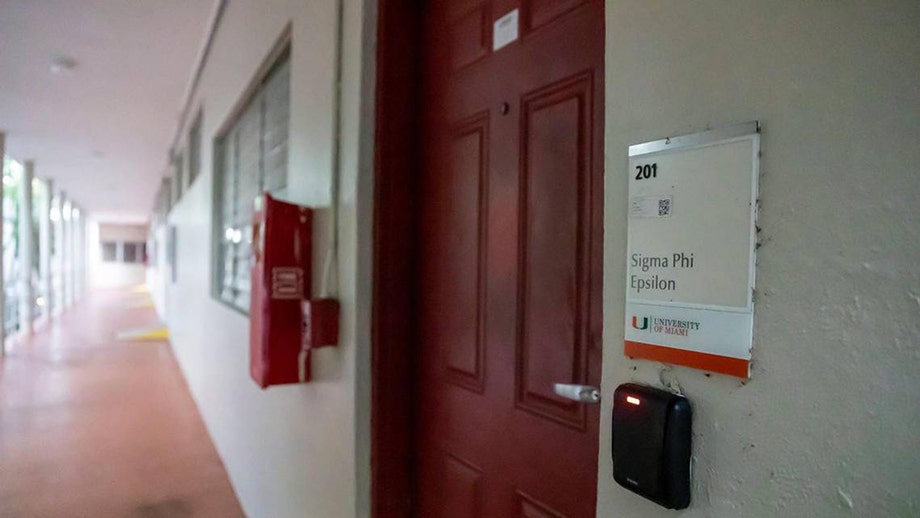A federal judge in Texas has ruled that an 1868 ban on at-home distilling is unconstitutional, citing it exceeds Congress's taxing power and violates the U.S. Constitution's Commerce Clause.
A federal judge in Texas has ruled that an antiquated ban on at-home distilling, dating back to 1868, is unconstitutional. U.S. District Judge Mark Pittman sided with the Hobby Distillers Association, a group advocating for the legalization of personal spirit production for consumption.
The 156-year-old ban was challenged by the association, arguing that it exceeded Congress's taxing authority and infringed upon the Commerce Clause of the U.S. Constitution. Pittman concurred, emphasizing the need to adhere to constitutional limits on government power.

At-Home Distilling Ban Declared Unconstitutional by Federal Judge
"Indeed, the Constitution is written to prevent societal amnesia of the defined limits it places on this government of and by the people," Pittman wrote. "That is where the judiciary must declare when its coequal branches overstep their Constitutional authority. Congress has done so here."
As a result of the ruling, a permanent injunction has been issued, prohibiting the U.S. government from enforcing the ban against Hobby Distillers Association members. However, the decision has been stayed for 14 days, allowing the government to seek an appellate court stay.

At-Home Distilling Ban Declared Unconstitutional by Federal Judge
According to Devin Watkins, a lawyer representing the hobby group, the ruling upholds the limited power principle of government. "It respects the rights of our clients to live under a government of limited powers," Watkins said.
The Hobby Distillers Association, along with four of its members, filed a lawsuit in December against the Alcohol and Tobacco Tax and Trade Bureau (TTB) and the Department of Justice (DOJ). They contended that the government's regulatory reach cannot extend to personal activities within the confines of one's home.

At-Home Distilling Ban Declared Unconstitutional by Federal Judge
TTB, a division of the Department of the Treasury, oversees and taxes alcohol, while DOJ prosecutes related felonies. Individuals violating the at-home distilling ban face potential fines of up to $10,000 or imprisonment for five years.
"This decision is a victory for personal freedoms and for federalism," said Competitive Enterprise Institute lawyer Dan Greenberg. "We're pleased to see that the court determined that the home distilling ban is unconstitutional and has blocked enforcement against our clients. More broadly, the court's decision reminds us that, as Americans, we live under a government of limited powers."

At-Home Distilling Ban Declared Unconstitutional by Federal Judge
While three individual plaintiffs failed to demonstrate a credible threat of prosecution, the association and one of its members, Scott McNutt, met the burden of proof. McNutt received a letter from TTB indicating potential civil and criminal liability due to his alleged purchase of materials for distilling spirits.
The DOJ argued that the ban was a legitimate measure to safeguard government revenue from distilled spirit taxes by limiting plant locations. However, Pittman dismissed this claim, stating that the ban did not generate revenue and merely criminalized an activity.
"While prohibiting the possession of an at-home still meant to distill beverage alcohol might be convenient to protect tax revenue on spirits, it is not a sufficiently clear corollary to the positive power of laying and collecting taxes," the judge noted.
Furthermore, Pittman determined that the ban could not be justified under Congress's authority to regulate interstate commerce. He explained that the ban was not a comprehensive regulatory scheme since it left many aspects of the alcohol industry untouched.
"While the federal government has become more enthusiastic about inflating the scope of its powers over the last century, this case shows that there are limits to the government's authority," Watkins said. "If the government appeals this decision to a higher court, we look forward to illuminating those limits."
Reuters contributed to this report.










